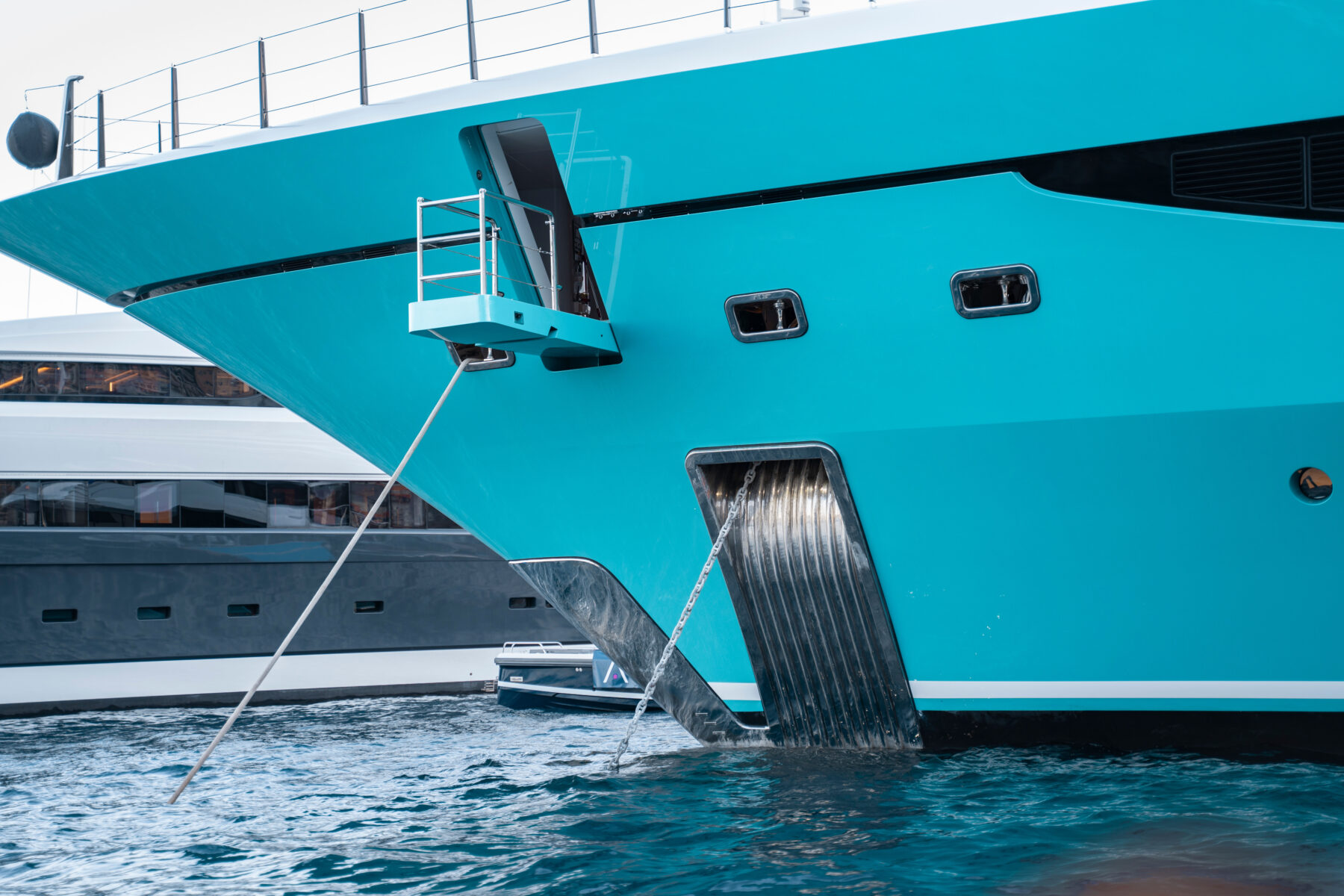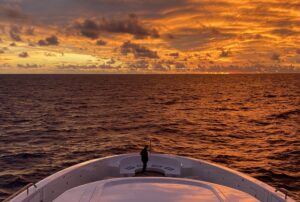Yacht Crew Safety Crisis: Survey Reveals Fear and Failure Onboard

Crew safety in the yachting industry is a critical, ongoing concern, often shrouded in a culture of silence.
To better understand the reality for those working at sea, The Crew Hunter, in partnership with Nautilus International and CHIRP, conducted a safety survey that gathered responses from a wide range of crew—from junior Stewardesses to experienced Captains.
The results were shocking, but unfortunately not surprising. The data collected shines a light on systemic failures in training, the prevalence of dangerous behavior, and the pervasive fear that some crew feel when raising critical safety issues.
The survey data suggests a worrying lack of preparedness. Over a fifth of respondents don’t feel adequately trained and equipped to handle all muster list duties for all types of emergencies.
While 60% of people say drills are conducted monthly on board, a significant 23% reported that they had never had a drill on their current or most recent vessel, with many on board over a year with no drills. Even when drills occur, many feel they are a meaningless formality, often regarded as a “tickbox exercise.”
One crew member lamented, “I would prefer it was done in the dark for example, and in more realistic circumstances.” Crew suggested making drills more engaging, perhaps by using “smoke machines, loud fire noises, darkened spaces.”
The pressure to perform duties often overrides safety concerns, putting crew directly in harm’s way. A staggering 40% of respondents said they’ve been asked or expected to perform a task without the proper safety equipment or training.
These tasks range from basic maintenance to highly dangerous jobs. One person was asked to wash the outside of a window and had to “hang out of the window to clean the outside” because a harness wasn’t available. Another crew member, who put safety first, stated: “Was asked to remove safety rails from the bow before a crossing. I refused. I got fired.” Such accounts highlight the culture where crew are forced to choose between job security and personal safety.
Furthermore, serious operational incidents are sometimes ignored. One respondent reported, “Captain actively ignored stability concerns because they didn’t understand the topic properly (on an 100m+ vessel),” resulting in the vessel exceeding stress limits.
This reluctance to report extends beyond immediate physical threats to critical operational and health issues. Crew cited pervasive problems like non-adherence to mandatory hours of rest, concealed severe health hazards, such as black mould problems, and environmental violations, including illegally leaking pollution into the sea.

One of the most pervasive issues in the survey concerns the behavior of others on board, with 62% of people having felt unsafe due to a colleague or superior.
Crew reported shocking experiences involving substance abuse and harassment. “I’ve worked alongside full blown alcoholism and drug addiction in crew members. I’ve witnessed harrowing experiences of harassment, intimidation and abuse,” was just one of many responses.
Leadership is frequently cited as the problem, with reports like, “My captain is a drunk and does drugs. We all know but has worked for the family for 13 years. Hands are tied and no management.” The lack of accountability for these actions is a major concern.
A significant finding is the widespread fear of reporting. More than 40% of crew don’t feel comfortable raising a safety concern with their HOD or Captain. This fear is understandable, as one respondent reported: “I did, and I was fired.”
The culture ensures silence, as a crew member explained, “It’s very clear that if an issue is raised, it implies the captain has missed it, therefore questioning the captain’s capabilities. This leads to a tough time for the complainant and possible contract termination.”
This lack of psychological safety drives many to leave their positions altogether, with 30% of people having left a job due to a safety concern.
The survey highlights that safety is intrinsically tied to crew welfare, leadership quality, and emotional intelligence. Crew repeatedly called for better systems to manage human factors.
This includes professional HR that all crew could use for support and anonymous opinion surveys to gather feedback without fear of retribution. There is a strong need to foster a workplace where crew are encouraged to take downtime to reduce fatigue, especially after prolonged charter periods.
Furthermore, crew stressed the importance of ongoing professional development that goes beyond mandated classroom courses, with one respondent calling for more training on how to emotionally regulate themselves under pressure—a crucial skill for effective leadership and clear decision-making during crises. This focus on “soft skills” and mental health support is seen as essential for dismantling the toxic behaviours and poor leadership that make crew feel unsafe.
When internal reporting channels fail, crew need independent and confidential avenues for help. The first port of call should always be onboard line management, your Captain and then your DPA. However, it’s clear from the survey results that crew don’t always feel safe turning to their direct supervisor. One respondent called for a third-party organisation they could call when they don’t feel safe, rather than feeling “stuck in a situation” at sea.
One such organisation is Nautilus International, a professional organisation and trade union that supports and protects superyacht crew interests, for example in cases of non-payment of wages, repatriation, termination, bullying, harassment, and criminalisation. Nautilus can support with submitting complaints, mediation, industrial advice, legal access, and more. However, it’s important to know that crew must be a member of the union prior to the incident having occurred to receive support.
For confidential reporting of safety failures, crew can also use CHIRP (Confidential Human Factors Incident Reporting Programme). CHIRP is an independent charity dedicated to improving safety by empowering people to share concerns without fear of being identified.
Laura Molineux, Strategic Organiser at Nautilus International said: “These survey results are deeply concerning, pointing to fundamental systemic failings across the industry. While crew often fear speaking up due to the risk of retaliation, the reality is that silence only preserves an unsafe and untenable situation that will eventually force them to leave anyway.
“Our priority is the welfare of our members, and we work collaboratively with crew, captains, management offices and Flag/Port states to raise these critical concerns in accordance with established procedures, providing the necessary protection that allows safety issues to be addressed.”
No crew member should have to choose between job security and personal safety.
The Crew Hunter is here to support crew, and we will always listen to any concerns or personal experiences when you are looking for your next role.
The experiences shared in this survey demand a collective commitment from the industry to foster a culture where safety is prioritised over convenience and where crew feel empowered, not punished, for speaking up.
If you feel unsafe in your current situation on board, find out more about where you can turn or contact us directly at info@yachtcrew.uk.
For anyone who wishes to join Nautilus, The Crew Hunter offers an exclusive partner discount for anyone who wishes to join Nautilus. Simply email membership@nautilusint.org and mention The Crew Hunter.